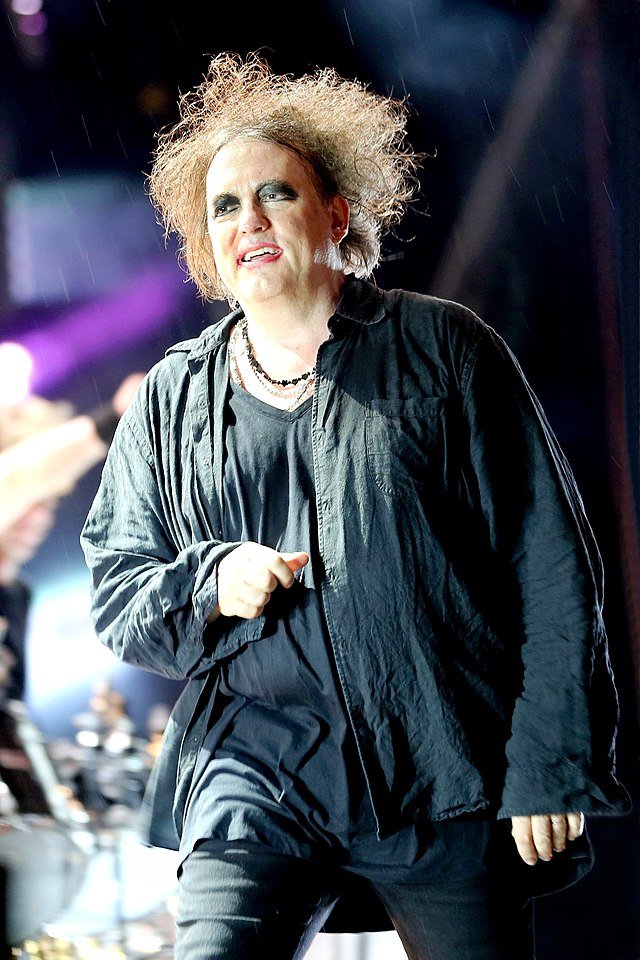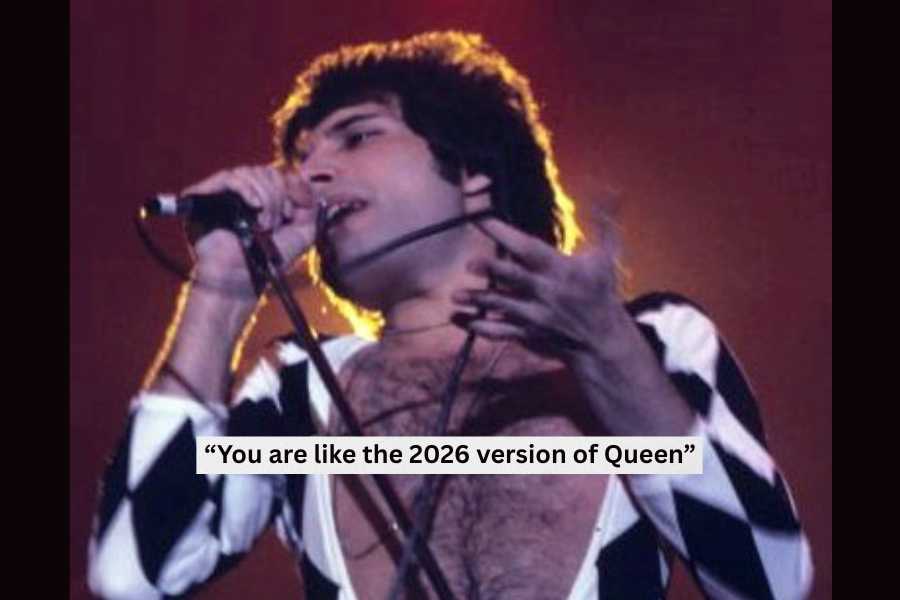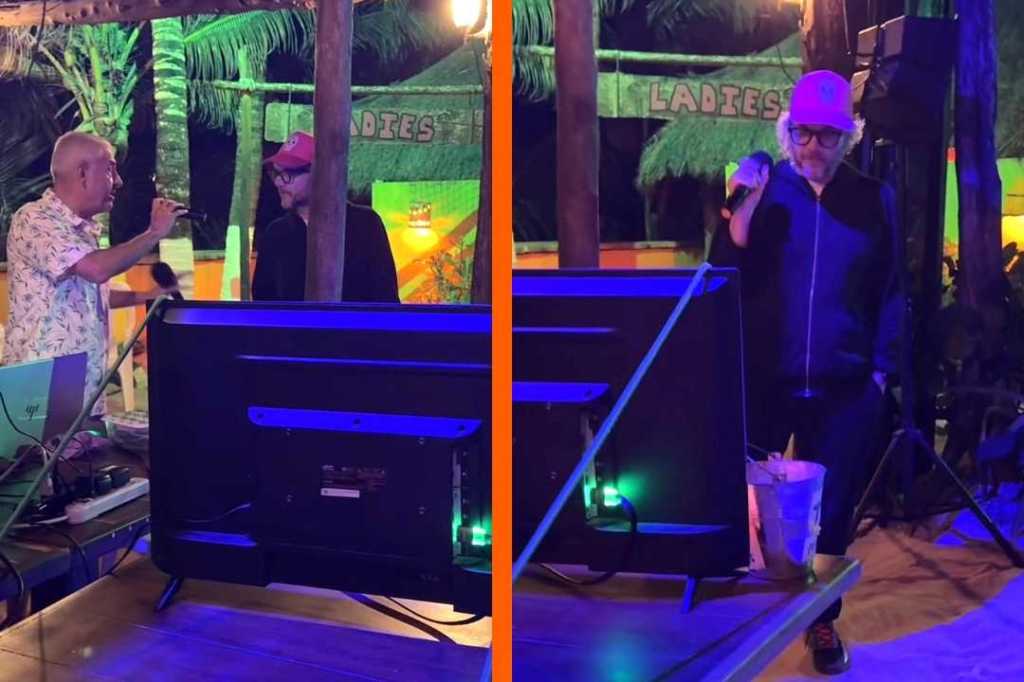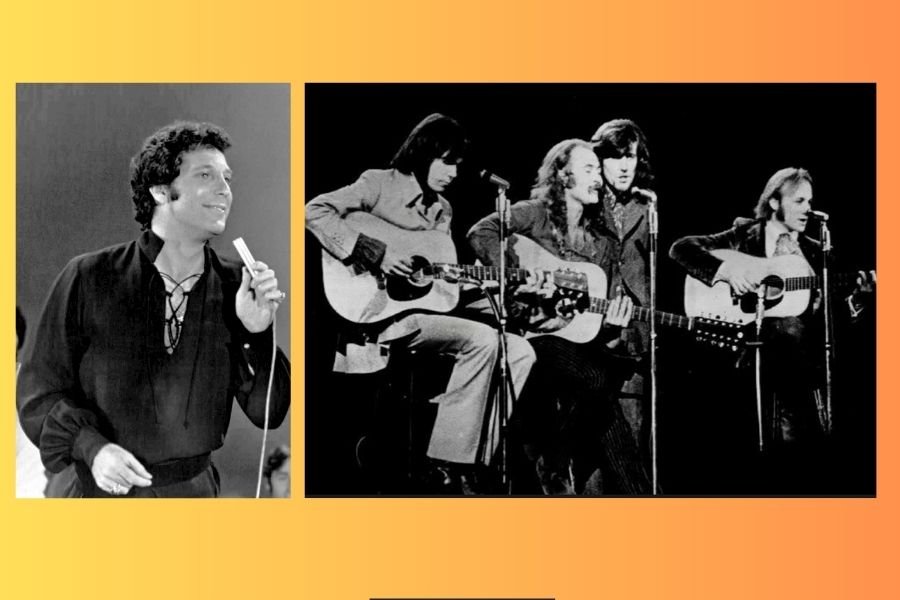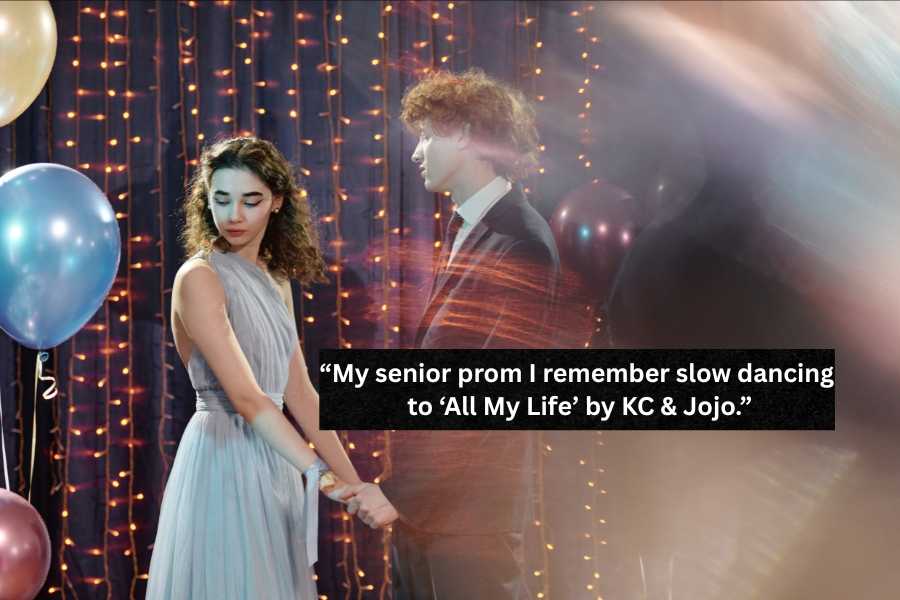Robert Smith of The Cure was already a hero to five decades of disaffected youth, including the creators of “South Park,” but now everyone has a reason to love the “Close to Me” singer. He got Ticketmaster to admit it was gouging customers and got them a refund.
The Cure went out of its way to ensure that ticket prices to its upcoming North American tour were affordable to the average fan by selling them as low as $20. The band also used Ticketmaster’s “verified fan” process to cut down on scalpers and prevent fans from having to pay inflated prices on resale sites.
But the band had no power over the egregious fees that Ticketmaster tacks on to every sale. The band wouldn’t agree to dynamic pricing—where ticket prices fluctuate based on demand—so it appears as though Ticketmaster simply raised its fees per ticket.
Britpop legend Tim Burgess of The Charlatans UK called out Ticketmaster’s ridiculous prices by posting a photo of someone being charged $92 in fees for purchasing four $20 tickets. The fees cost more than the tickets themselves!
Smith called out Ticketmaster on Twitter.
“I am as sickened as you all are by today’s Ticketmaster ‘fees’ debacle,” Smith wrote in an all-caps Twitter thread. “To be very clear, the artist has no way to limit them. I have been asking how they are justified. If I get anything coherent by way of an answer I will let you all know…There are tickets available, it is just a very slow process. I will be back if I get anything serious on the TM fees.”
The Cure and their fans’ collective outrage over Ticketmaster’s exorbitant fees must have struck a nerve with the company, and it responded by doing the unthinkable: giving fans refunds.
“After further conversation, Ticketmaster have agreed with us that many of the fees being charged are unduly high, and as a gesture of goodwill have offered a $10 per ticket refund to all verified fan accounts for the lowest ticket price transaction,” Smith wrote. “And a $5 per ticket refund to all verified fan accounts for other ticket price transactions for all Cure shows at all venues.”
Ticketmaster’s sudden, surprising generosity comes as it is under scrutiny from the government for potentially being a monopoly. In a Senate Judiciary Committee meeting, Clyde Lawrence, a singer-songwriter in the New York City-based band Lawrence, made the case that Ticketmaster’s parent company, Live Nation, puts performers in an unfair position.
“In a world where the promoter and the venue are not affiliated with each other, we can trust that the promoter will look to get the best deal from the venue; however, in this case the promoter and the venue are part of the same corporate entity so the line items are essentially Live Nation negotiating to pay itself,” Lawrence said.
Ticketmaster has also been targeted by the Biden administration in its push to pass the Junk Free Prevention Act. Biden has urged Ticketmaster to lower “the huge service fees” that companies “slap on to tickets for concerts or sporting events that can easily add hundreds of bucks to a family’s night out.”

